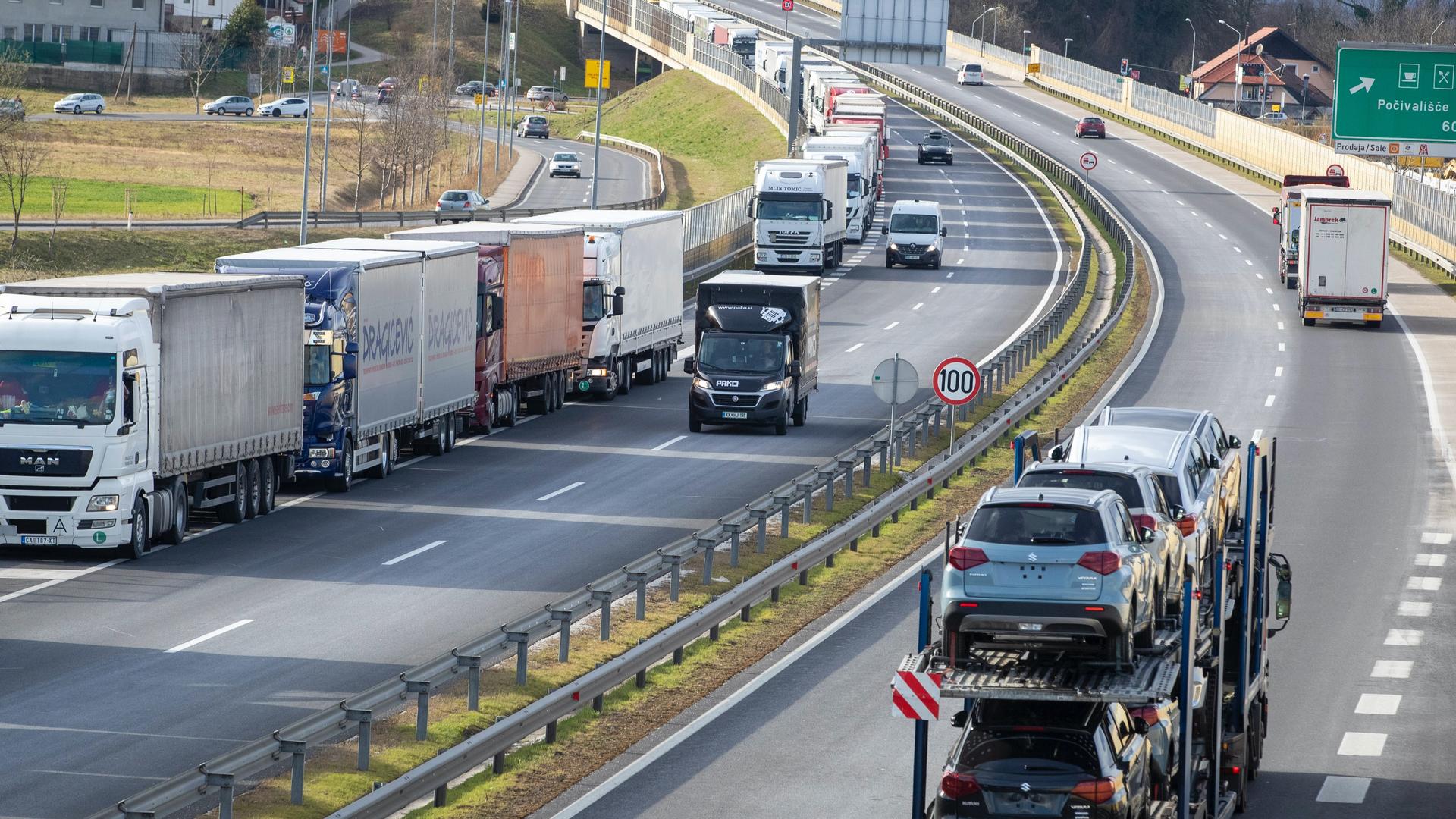This analysis was featured in Critical State, a weekly newsletter from The World and Inkstick Media. Subscribe here.
The journal International Organizations is putting out a special issue on COVID-19 and its effects. The issue is the first collection of scholarship on the pandemic in a flagship international relations journal, and Critical State will devote the next two editions of Deep Dive to some of the most interesting articles in it.
In their contribution to the issue, political scientists Michael Kenwick and Beth Simmons dig into one of the most obvious political aspects of pandemic response: how pandemics change how countries treat their borders. As Kenwick and Simmons point out, there is no scientific consensus suggesting that closing borders is a necessary, much less sufficient, measure to combat COVID-19, yet it has become a popular response from governments around the world.
Related: Conflict researchers on the COVID-19 era
To understand why governments are so quick to close borders, Kenwick and Simmons use their concept of “border orientation” — basically, a measure of how much a state is interested in the impregnability of its borders at any given time. Border orientation is necessarily a fiction because no border is truly impregnable and most are extremely porous, but it can be a politically useful fiction. Kenwick and Simmons wanted to know whether governments that relied on increased border orientation for political support prior to the pandemic would be more likely to implement border restrictions to fight the pandemic.
To find out, they used a database that tracked which policies countries around the world enacted to fight the pandemic, and the date each policy was enacted. They coded the policies based on whether they targeted domestic or foreign audiences and then measured the onset of the policies against a border orientation score that they had previously developed. The score is drawn from physical investments that governments make in border security, which are relatively easy to measure and demonstrate concretely how much states are willing to spend to appear in control of their borders.
Related: Biology will play ‘a key role in the response to future crises,’ says health security scholar
Comparing the data, Kenwick and Simmons found that countries with higher border orientation scores — that is, those most interested in demonstrating control over their borders — implemented border controls in response to COVID-19 before other countries and held onto those policies for a longer time. That was true even if, by the time the border restrictions were in place, the virus was already spreading within the country. As Kenwick and Simmons write, “border orientation is associated with a distinctive externally focused response to pandemics,” in which foreigners are asked to bear the costs of pandemic response before citizens. In fact, the researchers find there is some evidence that reliance on externally focused policies might actually replace some more costly internal policies — a border closure, for example, might assuage domestic political audiences enough to avoid the demand for an order to wear masks in public.
International relations scholars tend to think that the main purpose of borders is international — to denote geographic distinctions in sovereignty within a community of states. What Kenwick and Simmons underline in their article is that international borders are at least as important within countries as between them. The salience of borders changes related to domestic political challenges can shape how governments respond to even the most pressing policy decisions. The concept of the border can be used to manage the political costs of a pandemic — even if it does little to stop the pandemic itself.
Critical State is your weekly fix of foreign policy without all the stuff you don’t need. It’s top news and accessible analysis for those who want an inside take without all the insider bs. Subscribe here.
The story you just read is accessible and free to all because thousands of listeners and readers contribute to our nonprofit newsroom. We go deep to bring you the human-centered international reporting that you know you can trust. To do this work and to do it well, we rely on the support of our listeners. If you appreciated our coverage this year, if there was a story that made you pause or a song that moved you, would you consider making a gift to sustain our work through 2024 and beyond?
